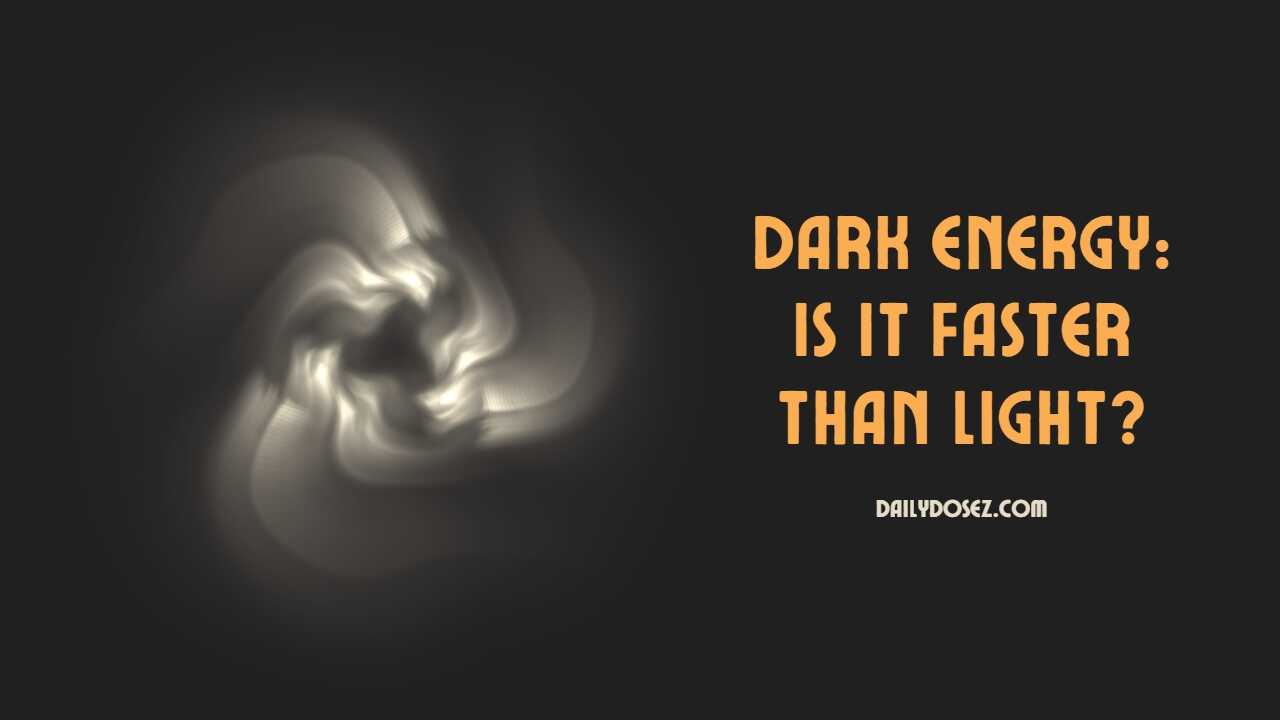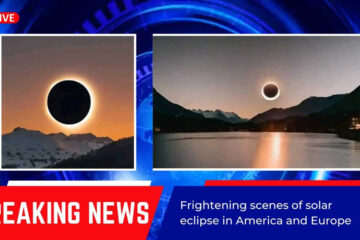The universe is full of intriguing phenomena that continue to puzzle scientists and expand our understanding of the cosmos. Dark energy is one such enigma. In this article, we will delve into the concept of dark energy, its role in the universe, and address the question of whether dark energy is faster than light. Join us as we unravel the mysteries of dark energy and its implications on our understanding of the cosmos.
Understanding Dark Energy
Dark energy is a theoretical form of energy that is believed to permeate all of space. It is thought to be responsible for the accelerated expansion of the universe. While dark energy remains largely elusive, its existence is inferred from cosmological observations and theoretical models.
Origin of Dark Energy
The origin of dark energy is not yet fully understood. Some theories propose that dark energy arises from a property of space itself, often referred to as the cosmological constant. According to this idea, space contains a certain energy density that remains constant over time, driving the accelerated expansion.
Is Dark Energy Faster Than Light?
The question of whether dark energy is faster than light is a thought-provoking one. However, it is important to note that dark energy does not violate the cosmic speed limit imposed by the speed of light. Dark energy’s influence on the expansion of the universe occurs on a cosmic scale, at a level that is distinct from the motion of objects within the universe.
Understanding the Cosmic Speed Limit
The speed of light, denoted by “c,” is a fundamental constant in physics and is approximately 299,792,458 meters per second in a vacuum. According to Einstein’s theory of relativity, no object with mass can travel at or exceed the speed of light. This limitation holds true within the fabric of space itself.
Dark Energy and the Expansion of the Universe
Dark energy’s impact on the expansion of the universe is quite different from objects moving within space. While the speed of light governs the motion of physical objects, dark energy affects the expansion of space itself. It causes space to stretch, resulting in an accelerated expansion that carries galaxies and other celestial objects apart.
Ongoing Research and Observational Evidence
The nature of dark energy remains a topic of active research. Scientists employ various observational techniques, such as studying the cosmic microwave background radiation, supernovae, and large-scale galaxy surveys, to gather data and refine their understanding of dark energy.
Although the precise mechanisms and properties of dark energy are still being explored, observational evidence supports the existence of dark energy and its role in the accelerating expansion of the universe.
Conclusion
Dark energy remains an intriguing cosmic puzzle that challenges our understanding of the universe. While its nature and origin continue to be subjects of ongoing research, dark energy does not defy the limits imposed by the speed of light. The accelerated expansion driven by dark energy occurs on a cosmic scale, stretching the fabric of space itself rather than involving objects moving faster than light.
As scientists delve deeper into the mysteries of dark energy, they continue to gather data, refine theoretical models, and expand our knowledge of the cosmos. Exploring the nature of dark energy is crucial in unraveling the fundamental workings of the universe and furthering our understanding of the forces that shape its evolution.




